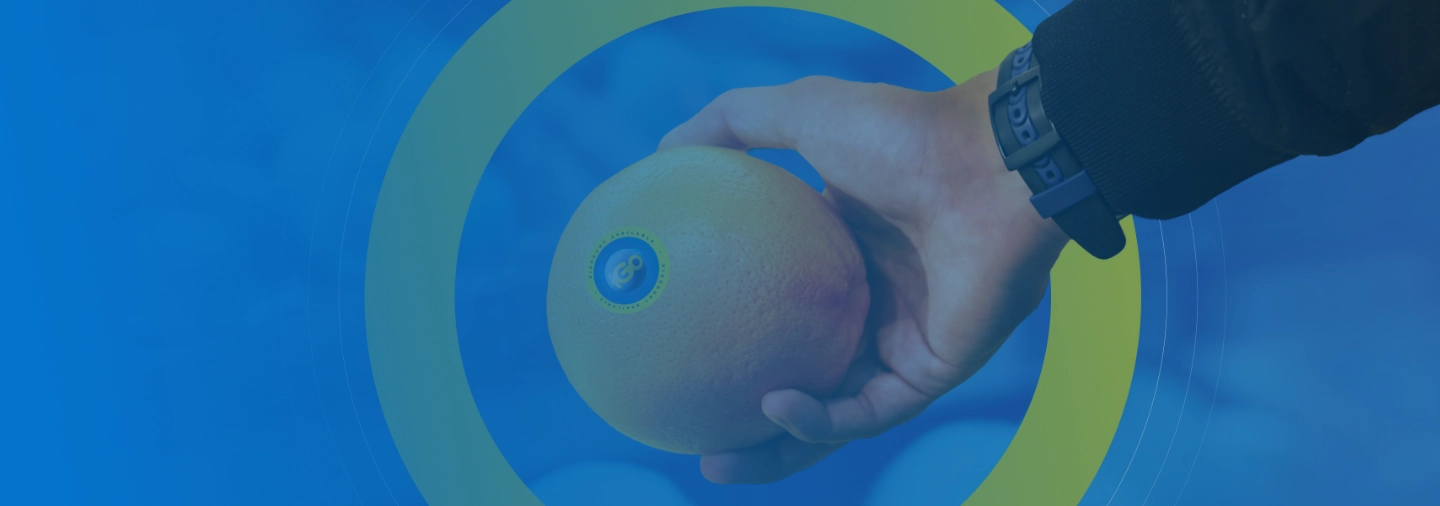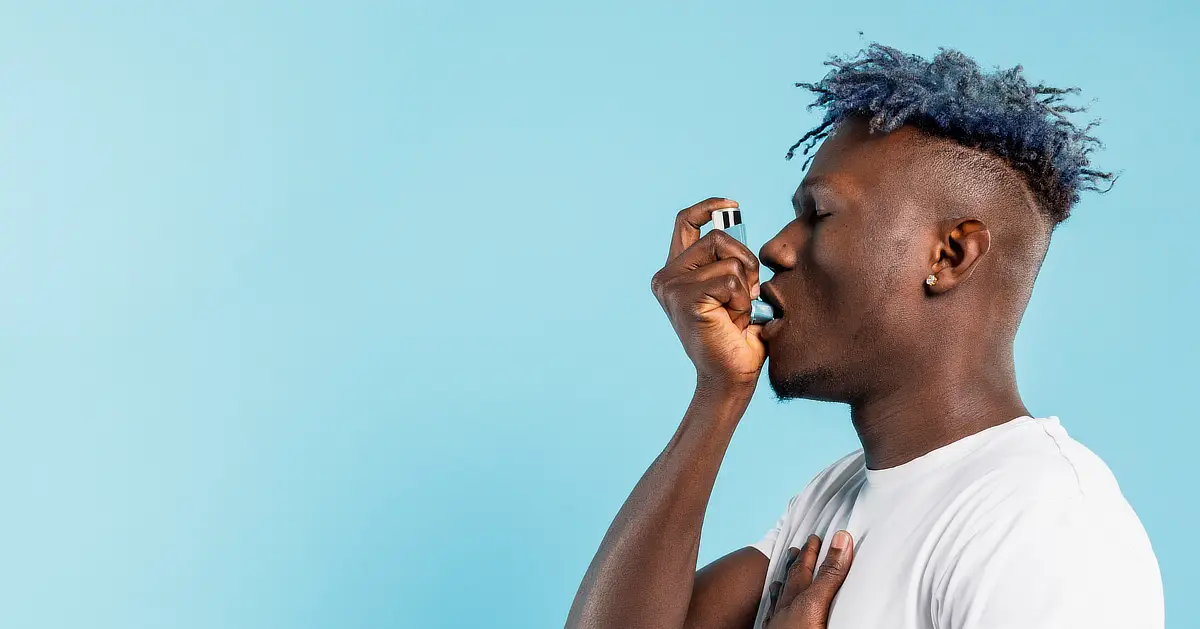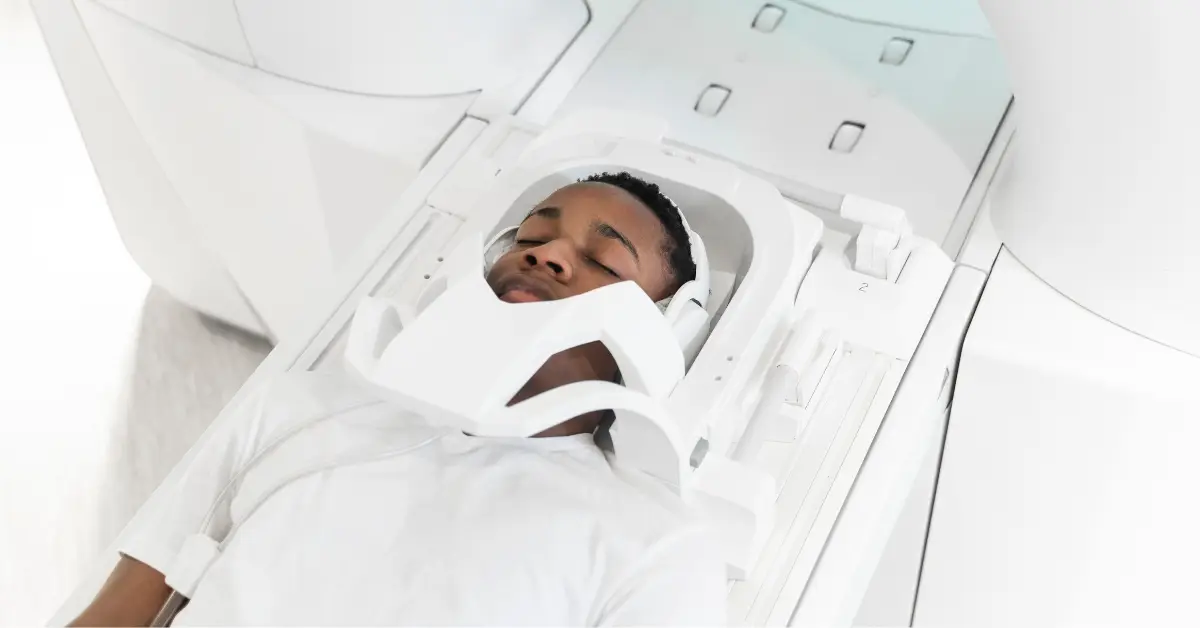A BRAIN tumour is an abnormal growth of cells within the brain or surrounding tissues. Brain tumours are second most common cancers in children worldwide.
However, not all brain tumours are cancerous. Approximately 72% of primary brain tumours are non-cancerous or benign. These tumours can often be treated effectively and may not spread to other parts of the body.
On June 8 is each year, the World commemorates World Brain Tumour Day. The day highlights the urgent need for research, awareness, and support for those living with brain tumours.
World Brain Tumour Day began as a national effort to draw attention to the challenges faced by those diagnosed with brain tumours and to honour the work of researchers and healthcare teams.
In the years that followed, the International Brain Tumour Alliance joined the initiative, transforming it into a global observance.
“Various activities, such as public lectures, seminars and social media campaigns are organised to educate the public about the signs, symptoms and risks associated with brain tumours,” explained Cimas Health Group doctor Advice Zidya.
Dr Zidya added that these initiatives aim to promote early detection and timely intervention, which are crucial for improving patient outcomes.
“World Brain Tumour Day provides a platform for patients, survivors, caregivers and healthcare professionals to share experiences, offer support and access valuable resources,” he said adding that this sense of community helps reduce the isolation often felt by those affected and fosters a supportive environment.
This year’s World Brain Tumour Day was commemorated under the theme Increasing Awareness for a Healthier Tomorrow.
Dr Zidya said the theme underscores the critical importance of education and public awareness in the fight against brain tumours.
“This year’s World Brain Tumour Day theme was about encouraging communities to learn more about this condition, recognise possible symptoms and support early diagnosis,” he noted.
“Awareness helps improve outcomes by making people more alert to early-stage brain tumour symptoms that may otherwise go unnoticed. This theme aligns with broader global health initiatives, such as the World Brain Day 2025 campaign, which focuses on ‘Brain Health for All Ages’.
Dr Zidya noted that the campaigns emphasise the necessity of raising awareness, educating the public and advocating for better access to care and research funding.
“Together, these efforts aim to foster a healthier future by ensuring that brain health is prioritised and that individuals are equipped with the knowledge to take proactive steps in safeguarding their wellbeing,” he said.
Dr Zidya went on to mention some common misconceptions about brain tumours that many people believe are true, but are not.
“Some people think that only adults get brain tumours. That is not true. Brain tumours can occur at any age, including in children. In fact, brain tumours are the second most common cancer in children after blood cancer,” he noted.
“We also occasionally hear some people say that all brain tumour patients have the same symptoms. Again, that is incorrect as symptoms vary depending on the tumour’s size, location and rate of growth.
“Common symptoms include headaches, nausea, fatigue and seizures, but they can differ widely among individuals. While persistent or severe headaches can be a symptom, frequent headaches do not mean you probably have a brain tumour, they can be more commonly caused by other factors such as stress or tension.”
Dr Zidya also noted that cell phones and Wi-Fi do not cause brain tumours.
“Extensive research has found no direct evidence linking mobile phone or Wi-Fi exposure to an increased risk of brain tumours,” he said.
Dr Zidya said headaches related to brain tumours are often accompanied by other symptoms such as nausea, vomiting or neurological deficits.
He explained that brain tumours can be caused by genetic and hereditary causes, radiation exposure, occupational and environmental exposures, exposure to environmental toxins, such as vinyl chloride and viral infections such as the Epstein-Barr virus.
“People with weakened immune systems due to conditions such as HIV and Aids or immunosuppressive treatments after organ transplants may have an increased risk of certain types of brain tumours,” Dr Zidya said.
He said brain tumours are complex and challenging to diagnose. Early symptoms are often vague or mistaken for other conditions, leading to delays in diagnosis.
“The symptoms and severity depend on the tumour’s size, location and type. Common signs include headaches, seizures, vision problems, balance issues and personality changes,” Dr Zidya explained.
“These symptoms do not always mean you have a brain tumour, but they require evaluation by a healthcare professional. Diagnosing brain tumours is important because early detection means that curative treatment can be done since the tumour will be still localised and would not have caused severe damage.”
Dr Zidya said there is a significantly high survival rate with localised disease compared to one that has spread.
“The treatments and advancements in treating brain tumours are vast and still emerging daily. The treatments for patients depend on the severity of the cancer, type, location and the patient’s health,” he noted.
Zidya said a few key brain tumour treatments include radiation therapy, chemotherapy, targeted therapy and surgery.
He further explained that family members and caregivers can help through tracking and documenting symptoms, such as seizure frequency, episodes of headaches and cognitive decline.
Dr Zidya added that they can also play an oversight role in terms of medication adherence at home.
“Caregivers can also assist in activities of daily living that would have been affected by the disease and in communication in cases where the patient has lost the ability to talk,” he noted.
“Cimas Care, a division of the Cimas Health Group, assists patients with chronic diseases including cancer through patient-centred chronic disease management.
“At Cimas Care we believe one’s diagnosis is a chapter, not the whole story. With science as your compass and community as your anchor, you can reclaim agency.”
Dr Zidya added that early treatment and adherence to treatment protocols will ensure a better outcome.





